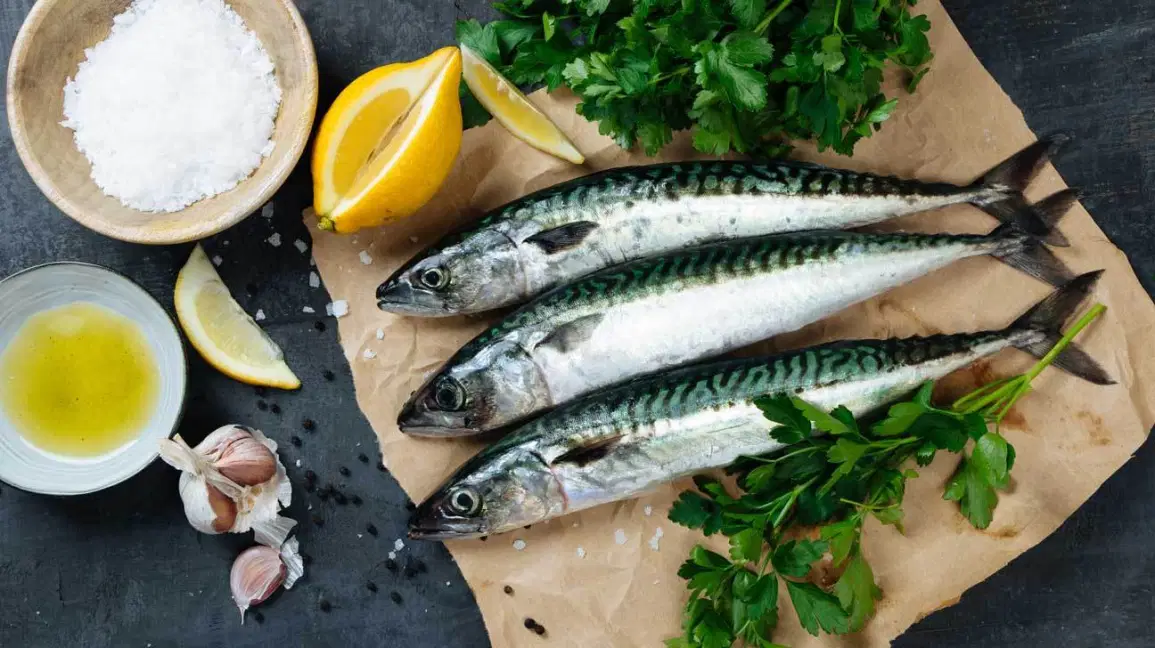Omega-3 fatty acids are required for good health because they reinforce cellular components and provide energy. Scientists too are looking at the relationship between essential fatty acids and a lower risk of complications, cardiovascular diseases, inflammation, joint discomfort, stress, and a variety of other conditions.
Our bodies, however, are unable to produce these fatty acids on their own. To satisfy our daily needs, we must rely on dietary sources or supplements. The following are the foods you can incorporate in your diet to fulfill your omega-3 fatty acids needs.
Flaxseed Oil
One of the crucial fatty acids is alpha-linolenic acid (ALA). ALA intake should vary from 0.5 to 1.6 grams (g), based on age and gender. Over 7 grams of ALA are found in one tablespoon of flaxseed oil. To get the most out of ALA, it must be transformed into EPA and DHA, which the body does not accomplish well. Flaxseed oil is beneficial, although not as much as fatty fish.
Fatty Fish
Most forms of fish provide enough omega-3 fatty acids to meet your nutritional needs. This is so because, Fish provide your body with essential DHAs and EPAs. Fresh trout, mackerel, and salmon have the maximum omega-3 content per serve. However, mackerel is heavy in mercury, which can cause long-term brain damage. Therefore, it’s advised that for the best results, only eat exotic trout and salmon.
If you desire the health benefits of fish but don’t like the flavor, TrueBasics Fish Oil has all of the key constituents of an essential fatty acid.
Walnuts
Walnuts are a delightful method to enhance your omega-3 intake. They are abundant in fiber, potassium, magnesium, iron, and folate, in addition to vital fatty acids. They reduce inflammation, which helps to lower harmful cholesterol and enhance heart health. They may be eaten as a snack, added to poultry or salads, or ground into a delightful pesto.
Sunflower Oil
Although sunflower oil has traditionally been regarded as a good source of unsaturated fats, it is also rich in a high-oleic variety that has a better fat constituency than olive oil. Sunflower oil, in general, has a better proportion of Vitamin E than any other oil. And since, Vitamin E is an anti-inflammatory antioxidant, it could aid in the prevention of cognitive loss, eye problems, cardiovascular disease, and cancer.
Extra-Virgin Olive Oil
If there’s one blessing that your kitchen can pick in terms of health, it’s the Extra-virgin olive oil (EVOO). It has a great depth of flavor and might boost the nutritional value of the dish you’re preparing. When incorporated by other foods, EVOO’s nutrient composition is preserved, and it can prevent nutrients from leaking out throughout the preparation of food. EVOO is abundant in essential fatty acids and straightforward to add into a variety of meals. A higher intake of this oil may also help prevent diabetes and boost brain and heart health.
Conclusion
If you find it tough to incorporate the variety of such foods in your daily diet, you can opt for supplements like mentioned in point 2. You can also bring about changes in your daily life to observe visible, healthy changes.











